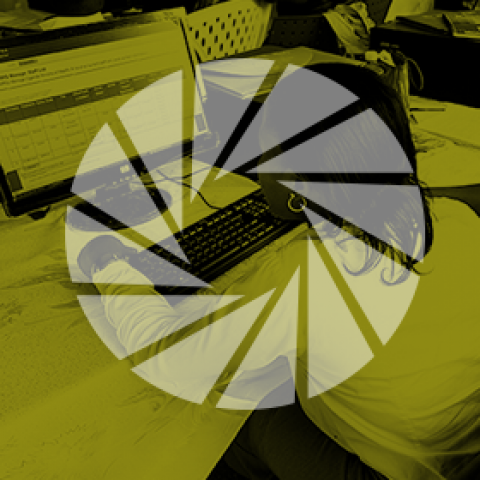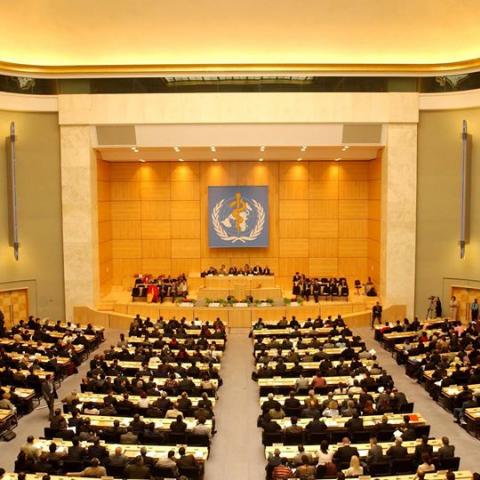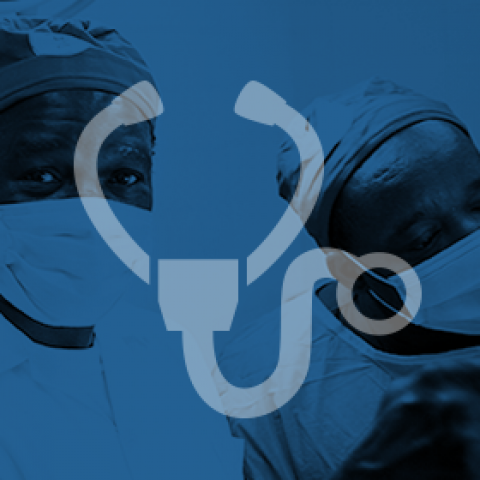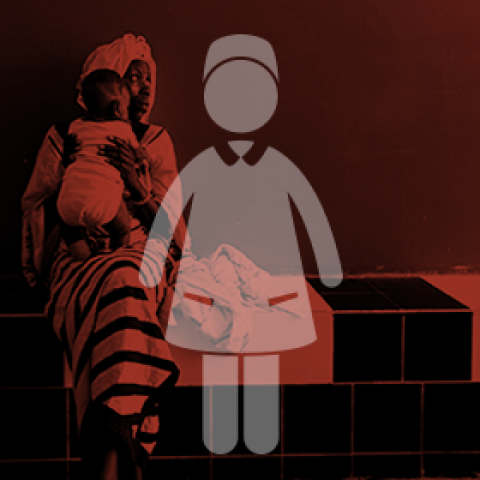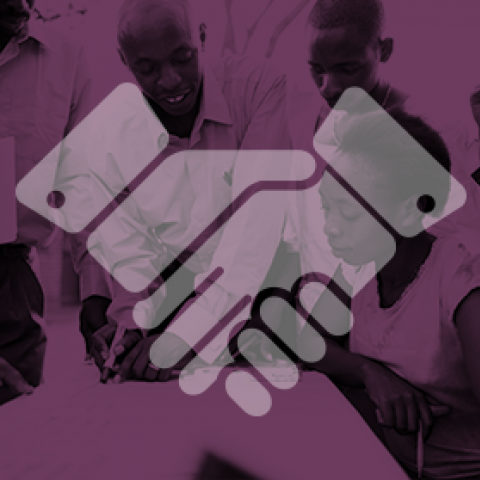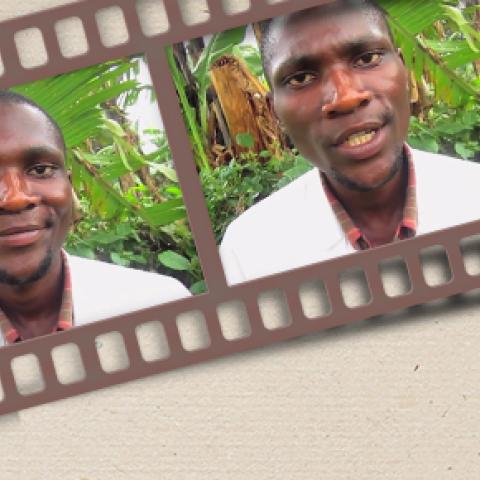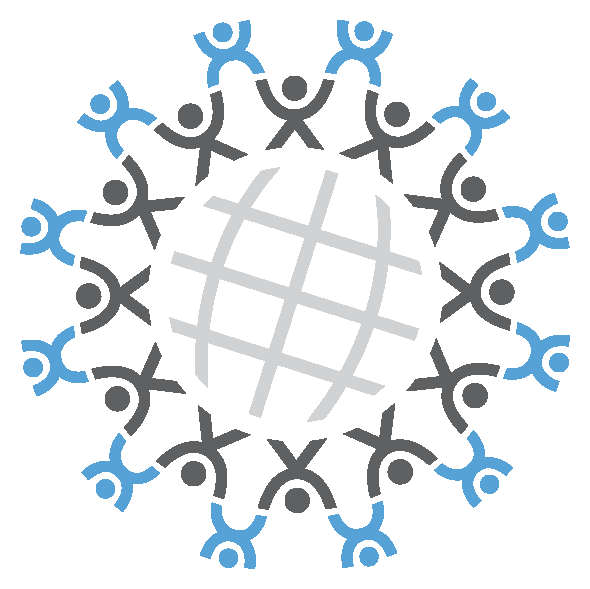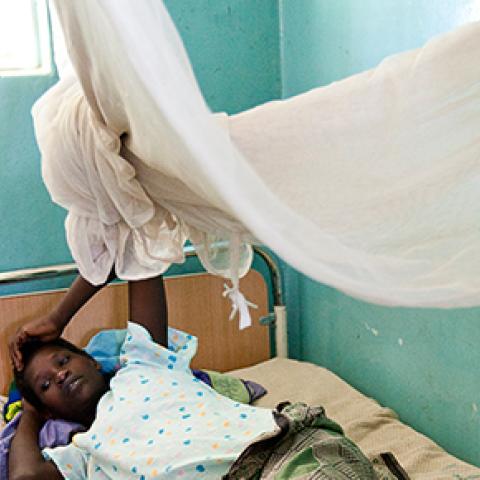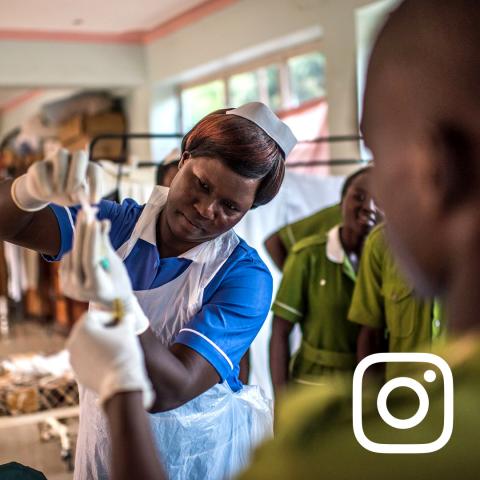Data Can Tell Stories—and Improve Health Care
In Liberia, technologists are learning to make two powerful information systems operate together, slowly revealing the story of how family planning there does—and doesn't—work.
U.S. Leadership for the Health Workforce We Need Post-2015
When it comes to addressing the worldwide health workforce gaps that hinder our global progress, American leadership matters.
Medical Education in Crisis: Training Doctors Without Faculty
How do you provide medical education without faculty? Not very well, it turns out. It's a problem in Tanzania.
What I’m Learning as a Nurse in Malawi
In the US, nurses take on incredible accountability for their clients' care. In Malawi, where the nursing ratio may be six nurses for 271 patients, that kind of attention is impossible.
Corporate Volunteers Can Create a Ripple Effect for Global Health
In Senegal, the government is working to make sure family planning supplies are available when and where they’re needed. Pfizer Global Health Fellow Suzie Roy is helping to make it happen.
Kenneth Magala: "I'm a Health Worker"
Meet Kenneth Magala, a Ugandan nurse who can tell you exactly what he loves most about his job.
On the Road with Midwife Esther Madudu
There's no running water and the electricity is spotty, but that doesn't stop this Ugandan midwife from giving moms and newborns all the care she can.
Mothers Can Make All the Difference in the Health of Their Children—and of Their Communities
A Tanzanian woman named Teereza teaches her son to take ownership of his health, just like my mother did with me.A Day in the Life of a Rural Midwife
Officially, Jane’s work hours are 8:00 AM to 5:00 PM. In reality, she never knows when she will start or finish. She is on call 24/7.
You’re Not a Fraud, You’re an Innovator
What happens when you put a bunch of experts and creative non-experts in a room together? Answer: Big ideas are born.







